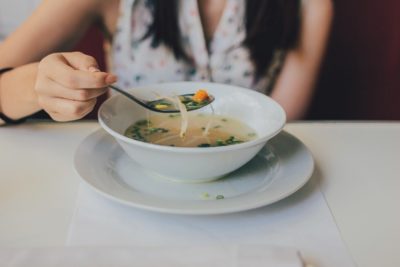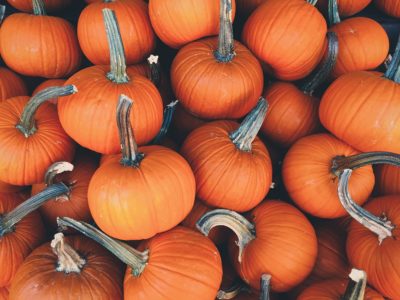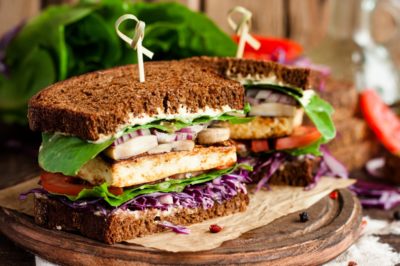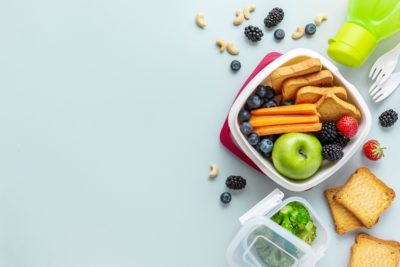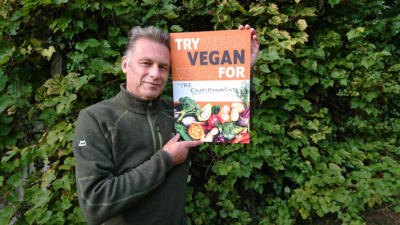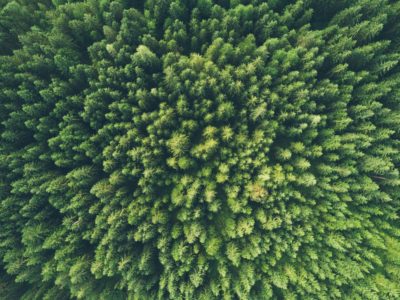Don’t Bees Make Honey Naturally?
Bees do make honey naturally, but they make it because they need it, not because they are worried about what humans are going to have on their toast.
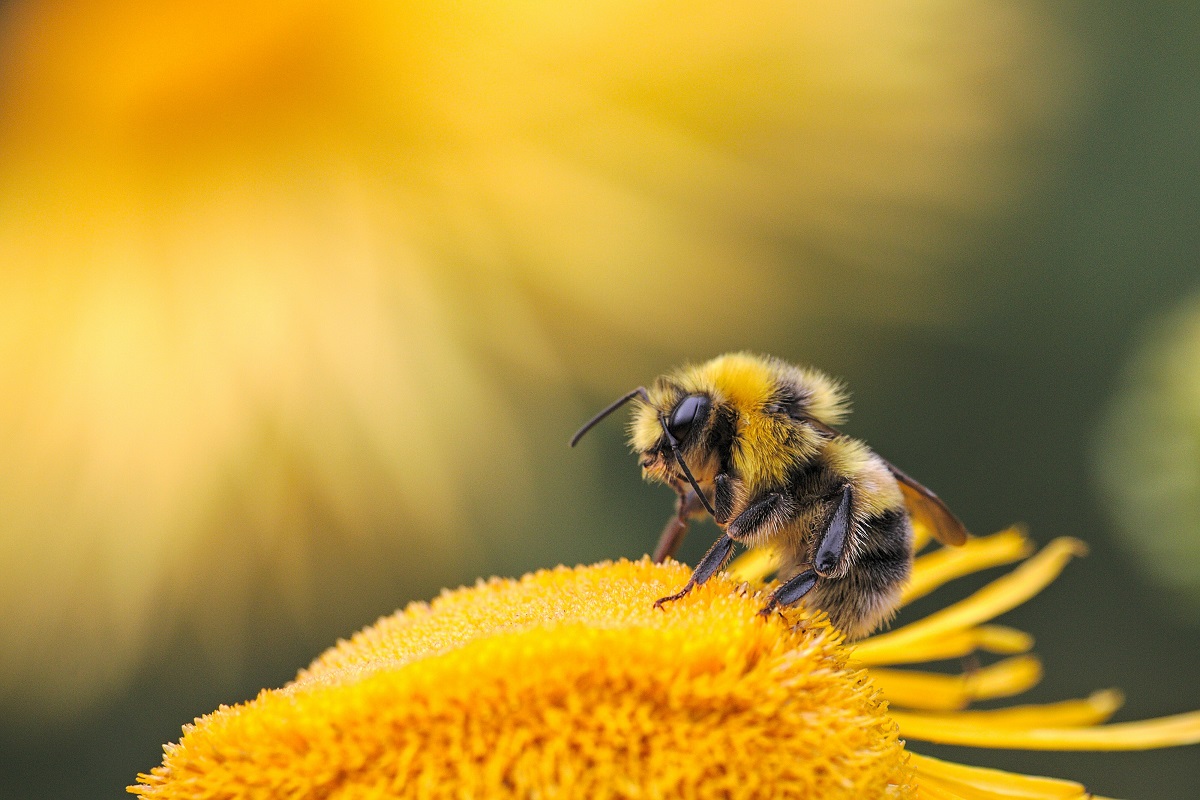
Bees have to work extraordinarily hard to produce that honey, finding and collecting nectar, regurgitating it, dehydrating it by fanning it with their wings to concentrate and preserve it, and then storing it as honey within the hive. They need nectar from five million flowers to produce just one pound of honey, and this honey is needed to feed the hive over the winter months.
When bees are farmed, the honey, along with other substances made by the bees such as royal jelly, bee pollen and beeswax, is taken from the hive and sold for human consumption. The honey is replaced with a sugar water solution, which has neither the nutrients the bees need nor the power to protect their immune systems. This, coupled with exposure to pesticides and destructive varroa mites – which were accidentally introduced when bee geneticists tried to make bees more productive in honey – means these insects are facing a rough future.
How Does Farming Affect Bees?
To get an extraordinary insight into the dangers that face bees, try reading Laline Paull’s award-winning novel The Bees. In the book, a key danger they must face is an ‘atrocity’ they call The Visitation. A man comes along, subdues the hive with smoke and steals the honeycomb. In both the book and in real life, it is inevitable that some of the bees are killed during this process.
Natural behaviours are denied bees on commercial honey farms. Bees swarm to reproduce, and this creates significant genetic diversity in the population. Some conventional beekeepers prevent this process by clipping the wings of the queen, and may kill and replace the queens to keep them young and fertile. Without a robust genetic pool, bees inbreed, further compromising their ability to deal with mites, pesticides and other challenges.
Some commercial farmers even ‘cull’ hives after harvesting the honey as it is cheaper than feeding the bees through the winter months. Of course, they wouldn’t need feeding if someone hadn’t stolen their honey.
Any and all of these reasons may help explain why bees are in serious decline and whole colonies collapsing. They also explain why vegans don’t eat honey.
Buying Honey Does Not Help Bees
Having your own hive where the bees are not interfered with could. For many of us, that may not be possible but most of us could do more by planting bee-friendly plants in our gardens or outdoor spaces. Plants that are good for bees include:
- Scabious
- Viper’s bugloss
- Borage
- Foxgloves
- Lavender
- Lobelia
- Catnip
- Chives
- Echinacea
- Hyssop
- Hemp agrimony
- Oxeye daisies
- Wild marjoram
- Thyme
Other ways to help them include not using chemicals in your garden, buying organic vegetables wherever you can and providing nest sites for bees. Bee hotels look lovely but you don’t need to spend money. Different species of bees will nest underground, beneath sheds or even in compost heaps. Others will nest in trees or old fence posts, so leave these areas for our wild friends to live in.
One of the best things we can do is to not be overly prissy about our gardens. A little wildness is good for wildlife!
PAGE UPDATED MAY 2020


